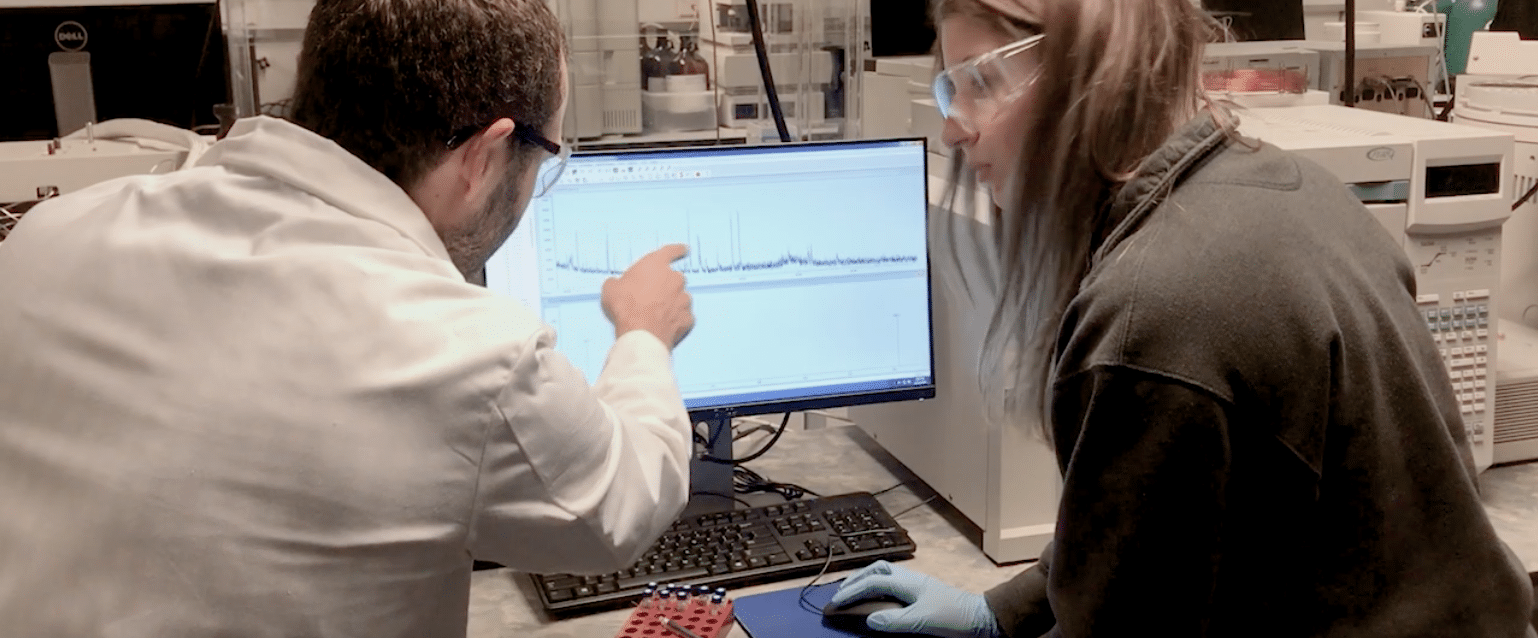
A degree in cannabis chemistry? Yes please.
Lake Superior State University established the nation’s first chemistry program focused on cannabis when it launched The Cannabis Center of Excellence in 2019 — and now, the school is offering its first scholarship.
Steadfast Labs, a Michigan-based research facility with the goal of ensuring access to safe cannabis medicine, has established an annual $1,200 scholarship for cannabis chemistry students at LSSU, the school announced Monday.
To qualify, applicants must be sophomores or older and have a GPA of 3.0 or higher. Students who live in Wayne and Oakland Counties, areas that the company services, will also be given preference.
“This donation not only continues our trendsetting ways in this vital new field but also makes our already affordable tuition even more reasonable,” said Dr. Steven Johnson, Dean of the College of Science and the Environment at LSSU. “By funding this scholarship, Steadfast Labs again demonstrates their commitment to supporting future chemists who will enter the workforce and provide public safety in the cannabis field.”
“It is our great pleasure to grant this unprecedented scholarship for a cutting-edge program in an innovative industry,” said Avram Zallen, founder and CEO of Steadfast Labs. “This grant is another opportunity for Steadfast to help LSSU students pursue careers in this exciting and important industry. “
The school offers degrees in cannabis chemistry, cannabis production, cannabis science and cannabis business, with the goal of “positioning cannabis studies as a national leader of academic inquiry.” The program markets itself as the first in the U.S. to focus on the quantitative analysis of cannabis-related compounds and contaminants, including THC, CBD and terpenes.
“The scholarship reinforces key components of our vision statement: being vanguard-focused and driving social mobility,” said LSSU President Dr. Rodney S. Hanley.
Last month, officials announced the university upgraded its cannabis analysis instrumentation to analyze residual pesticides and mycotoxins in cannabis products, as well as identify persisted pollutants.
Other schools around the country, including Cornell University and the University of Maryland, have introduced classes that focus on the cultivation and use of marijuana, along with the legal issues surrounding cannabis. There continues to be growing employer demand for college graduates with expertise in marijuana, with job growth in the sector rapidly expanding as states legalize the cannabis.






